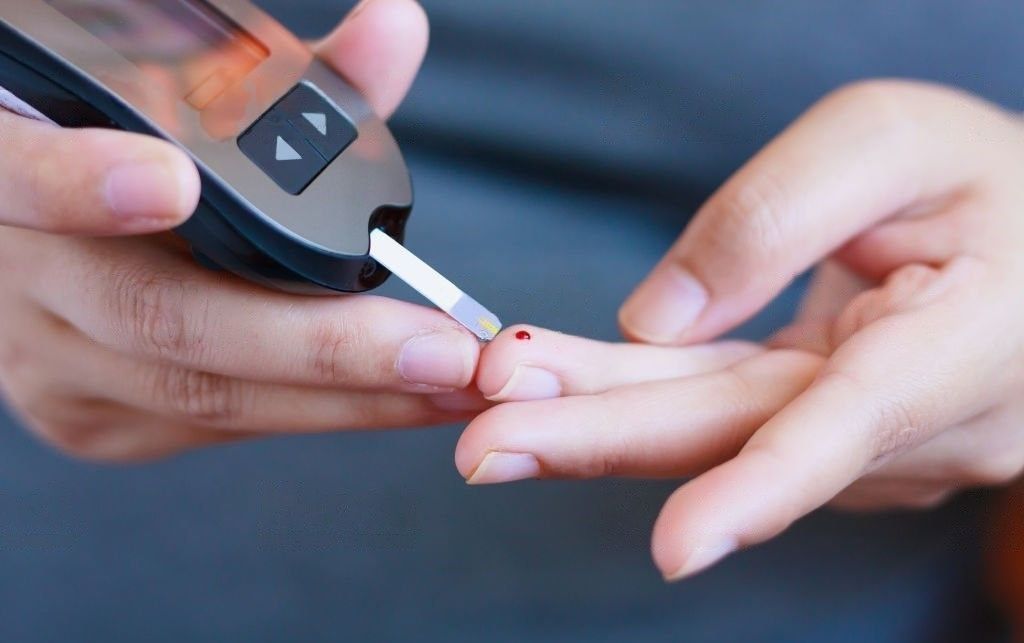Potential Health Benefits of Apple Cider Vinegar
Over the past ten years, apple cider vinegar has become one of the most celebrated health foods. ACV in your diet has some advantageous effects.

Over the past ten years, apple cider vinegar has become one of the most celebrated health foods, with claims that it can do anything from burn fat to control blood sugar to keep your floors clean. People believe a spoonful of olive oil daily can significantly improve their health. Sure, including ACV in your diet has some advantageous effects. Nevertheless, if a deal seems too good to be true, it probably is.
What exactly is apple cider vinegar?
Let's investigate what ACV, or apple cider vinegar, is specifically. An apple juice-based vinegar known as ACV is produced through fermentation. It has approximately 5 and 6 percent acidity, similar to other kinds of vinegar made from cider and wine. No matter the variation, ACV doesn't need to be refrigerated and it keeps for a very long period. In general, vinegar has a practically infinite shelf life. It's still safe to use vinegar even if its appearance changes (it can appear cloudier, for example).
How is apple cider vinegar made?
Fermentation is the procedure used to make apple cider vinegar. After a few weeks, the apple juice turns into alcohol after the yeast in the mixture breaks down the sugar in the apple juice. The alcohol is then converted to acetic acid by natural microorganisms, giving vinegar its acetic flavor and aroma.
What should the dosage of apple cider vinegar be?
The amount of apple cider vinegar to take varies depending on who you ask, and there is no standard dosage for it.
According to Harvard Health Publishing, 1 to 2 teaspoons of diluted apple cider vinegar should be consumed before or during meals.

Is drinking apple cider vinegar in the morning or at night preferable?
Your objective will determine when you should take ACV. We suggest taking ACV after a meal if you want to lose weight or control your blood sugar. Delaying stomach emptying will aid in satiety. It will also have the advantage of decreasing blood sugar, especially after meals high in carbohydrates.
You can also consume apple cider vinegar before bed or with breakfast for overall health and wellness.
What drawbacks does apple cider vinegar have?
When using apple cider vinegar within the prescribed dosage range, negative effects are extremely uncommon and typically moderate.
Direct contact with liquid ACV can result in esophageal burns or teeth damage. Water should always be added before drinking. Apple cider vinegar may increase gastroparesis or aggravate gastrointestinal irritation in people who already have it.
ACV is well-known for its ability to help people lose weight, but it also offers additional health advantages.
1.Reduces appetite
Numerous studies have demonstrated that taking apple cider vinegar before meals may be able to decrease hunger, which naturally results in less food consumption and thus supports weight loss.

2. Improves the health and beauty of skin and hair
One of the many uses of apple cider vinegar is to improve the appearance and health of the skin. The most popular DIY ingredient for skincare routines and treating skin issues is apple cider vinegar. ACV's supporters assert that it helps with exfoliating, heals acne and sunburns, and balances the pH of the skin.

3.Decreases inflammation
When we consider its effects on inflammatory illnesses like arthritis and joint pain, the health benefits of apple cider vinegar for inflammation become obvious. ACV is frequently a component of anti-inflammatory diets due to its abundant antioxidant and flavonoid content. This lessens inflammation, supports a balanced gut microbiome, and may benefit autoimmune diseases.

4. Destroys bacteria
Apple cider vinegar fights bacteria, did you know that? Back in the day, fungus and wounds were treated with apple cider vinegar. Because apple cider vinegar can quickly kill bacteria, it was and still is a fantastic approach to cure and prevent infection. It is also used as a food preservative since it prevents bacteria like E. coli from ruining food. Additionally, it is natural and preferable to synthetic preservatives.

5. Blood sugar reduction
Diabetes and blood sugar regulation are two of apple cider vinegar's most prominent health benefits. Consuming apple cider vinegar after a meal may help reduce blood sugar, according to a few small studies (sugar). For those who have Type 2 diabetes or prediabetes, this may be useful.

SUMMARY
According to the research, apple cider vinegar is safe in moderation for most people. Remember that no medical conditions have been certified for it to treat. Before using apple cider vinegar or any other natural cure, see your doctor if you take any prescriptions or have any health issues.
Jayti Shah is a Clinical Nutritionist with a master's degree in Clinical Nutrition and Dietetics. She is a member of the Indian Dietetic Association (IDA). Over the last 9 years, she has helped 400 clients in their clinical and weight loss journeys. She works with SocialBoat as a nutrition consultant. We hope this article helped understand the important benefits which apple cider vinegar provides for overall well-being.
At SocialBoat, we offer you custom diet plans and guided workouts to help you achieve your goals in a 360-degree approach. Our gamified experience ensures that you don’t find workouts boring and we reward you for being consistent with your efforts.

